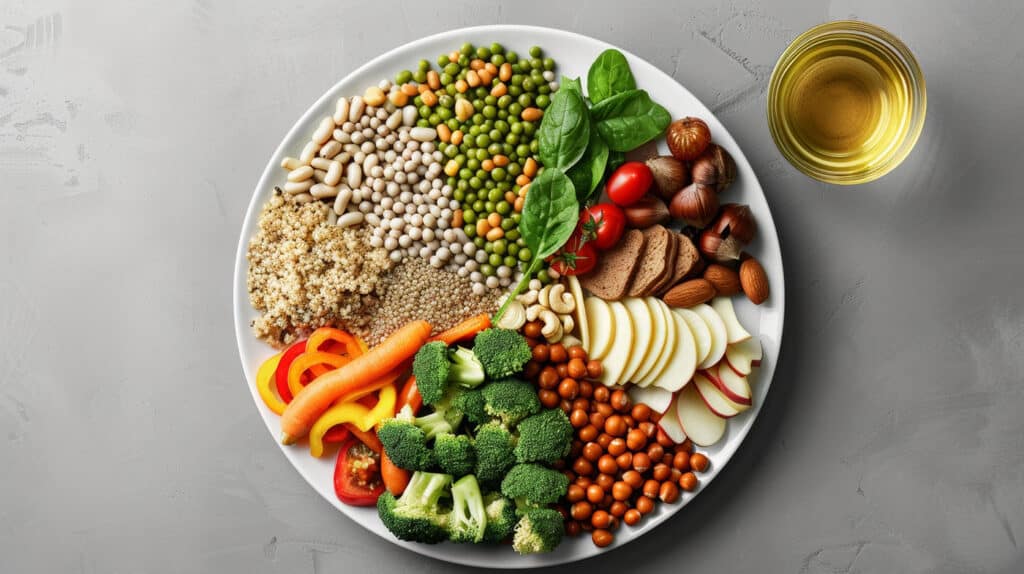
In September, I had the opportunity to attend another MAPS (Medical Academy of Pediatrics and Special Needs) conference in Phoenix. One presentation that stood out, delivered by Dr. Krishna Doniparthi, was titled “Butyrate and Gut Health,” and I’d like to share some key insights from it.
Prebiotics are non-digestible compounds found in certain foods that promote the growth and activity of beneficial microorganisms in the gastrointestinal tract. While humans cannot digest prebiotics, they selectively nourish gut bacteria, altering their composition and function. Foods rich in prebiotics include bananas, onions, garlic, chicory root, and breast milk. Additionally, prebiotics can be added to food products in forms such as galacto-oligosaccharides (GOS), fructo-oligosaccharides (FOS), oligofructose (OF), chicory fiber, and inulin.
Probiotics are live microorganisms, typically composed of various strains, that can positively influence gut health when ingested. By inhibiting the growth of harmful pathogens, probiotics support a balanced gut microbiota. They can also enhance immune function, aid in the synthesis of vitamins and neurotransmitters, and help reinforce the integrity of the intestinal barrier.
Postbiotics are compounds produced during microbial fermentation in the digestive tract that promote health benefits. These include short-chain fatty acids (SCFAs), proteins, amino acids, and vitamins B and K. Postbiotics also help modulate the gut microbiota by inhibiting harmful pathogens, fostering the growth of beneficial microbes, and improving gut barrier function.

One particularly important SCFA produced during the fermentation of soluble fiber by beneficial bacteria in the large intestine is butyrate. Butyrate has both local and systemic health benefits. It provides 70% of the energy to intestinal cells, regulates blood glucose levels, strengthens the gut barrier, reduces inflammation, boosts immunity, and supports brain and cardiovascular health. Research suggests that butyrate supplementation may also aid in skin healing, irritable bowel syndrome, colitis, Parkinson’s disease, insomnia, anxiety, and persistent viral infections.
Foods that enhance butyrate production include fruits, vegetables, full-fat dairy, legumes, and whole grains. Butyrate can also be taken as a supplement in capsule or liquid form, or administered via enema, which has been shown to reduce disease activity in patients with ulcerative colitis by delivering a more direct therapeutic effect.
